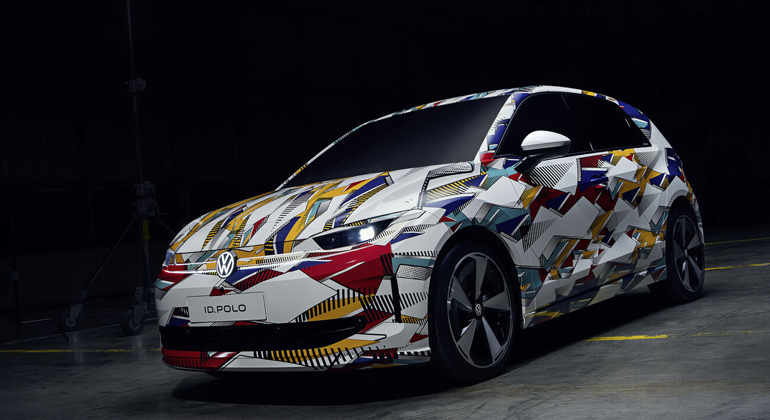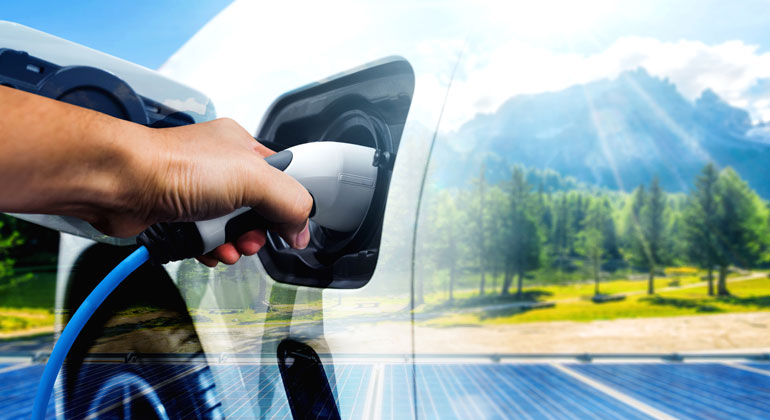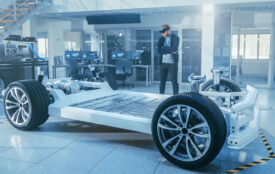Mobile without a car?
The current International Motor Show (IAA) in Munich is all about everything:
- Can German car manufacturers still catch up with the Chinese lead in electric cars?
- How long will combustion engine cars still be around?
- Does the future of mobility belong more to private transport as we know it, or to public transport?
- Mobile without a car?
- And just as important: Will Europeans remain dependent on China for battery production?
The only thing that is clear is that the future of fossil fuels as a source of mobility will soon come to an end. Goodbye coal, gas, and oil. The future is definitely electric. But some politicians in Europe and Germany, and a few car manufacturers in this country, do not want to accept this end.
They want to sleep through the future once again. Leading the way is Bavarian Minister President Markus Söder. At the start of the IAA, he presented a ten-point plan in which he wants to overturn the EU-wide ban on new cars with combustion engines planned for 2035. “The combustion engine must be approved in Europe,” demands the CSU leader, saying, “The general idea that everything will be CO2-free in a few years is simply not realistic.”
Not only the opposition in Berlin, but VW CEO Oliver Blume of all people is opposed to this and said in the run-up to the IAA that VW has a “clear focus on e-mobility.” This is where the future lies, he said. At the IAA, both VW and Mercedes are showing with new electric models that they are catching up with the Chinese.
Industry expert Ferdinand Dudenhöfer also considers Söder’s action plan to be “more of a hodgepodge. Anyone talking about banning combustion engines now is unsettling car buyers. Unsettled car buyers are bad buyers – they would rather not buy a car at all,” warns Dudenhöfer. Söder wants to save jobs with his plan, but instead he is putting them at risk. Instead of strengthening the economy, he is weakening it. Söder is a master at scoring own goals.
In the Süddeutsche Zeitung, Michael Bauchmüller writes: “You don’t have to be an economist, a climate scientist, or a clairvoyant to see one thing: the future does not belong to coal, gas, and oil, but to their climate-friendly alternatives. With every tenth of a degree of global warming, this development will become more apparent. And Germany, whose most important resources lie not in the ground but in people’s minds, is not badly positioned for this future. With an energy transition that is going better than many expected. With an automotive industry that, albeit late, has nevertheless discovered electric mobility for itself… Anyone who has the economy’s best interests at heart will strengthen this advantage – and not constantly sow uncertainty.”

The automotive industry remains the most important sector in Germany. And VW is the top dog in this industry. When the giant falters, everything wobbles. VW works council chair Daniela Cavallo: At VW, “it’s not just about the 120,000 jobs at Volkswagen AG, it’s about Germany.” Markus Söder doesn’t necessarily have to listen to the Greens, but it would be good and helpful if he listened to VW. The mobility revolution will come faster than the Bavarian Minister President believes.
- klimareporter.de “Automobile exhibition: No return to the golden age of cars” | The IAA motor show in Munich shows that Germany’s car companies have caught up in terms of electric vehicles, but that is not enough – neither for the climate nor for jobs. A commentary by Joachim Wille.
Source
Franz Alt 2025 | Translated with www.DeepL.com/Translator








